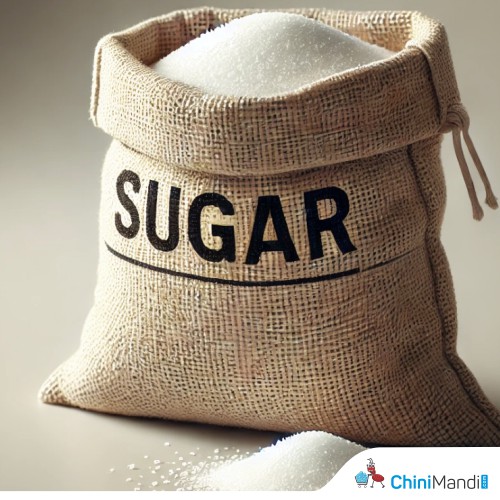Kuala Lumpur: Deputy Minister of Domestic Trade and Cost of Living, Fuziah Salleh, has clarified that the 40-sen-per-litre excise duty increase on sugary drinks does not apply to regular granulated sugar commonly used by the public and food vendors, reports Malaymail.
Speaking to Utusan Malaysia, Fuziah stressed that vendors should not raise food and drink prices in restaurants or food stalls because of the tax hike on sugary drinks. She explained that regular sugar, which is used to make items like traditional cakes and drinks in eateries, remains unaffected by the new sugar tax announced in Budget 2025.
Excise duty on sweet drinks, such as canned beverages, will increase effective next year, from January 1, 2024, according to Prime Minister Datuk Seri Anwar Ibrahim, as part of a drive to slash the raging rate of obesity in the country, ranking Malaysia one of the most overweight in Southeast Asia. The tax will be imposed on beverages with added sugars, covering carbonated drinks, milk-flavoured drinks, and fruit or vegetable juices with extra sugar, or those not.
Fuziah urged food vendors not to use the excise duty as an excuse to raise prices. “The cost of making traditional cakes should not change,” she said.
She also highlighted the “Jom Kosong” campaign, which encourages consumers to choose sugar-free drinks. Through this initiative, participating restaurants will offer a 20-sen discount on sugar-free beverages like kopi O kosong.
Meanwhile, Datuk Jawahar Ali Taib Khan, President of the Malaysian Muslim Restaurant Owners Association (Presma), said prices for sugary drinks, including the tarik, will increase next year. “The government’s new policy means the tax cost will be passed on to customers,” he said, noting that the price of the tarik, currently RM2.40, will rise to RM3 per glass. Despite this, Jawahar Ali supports the policy, saying it will encourage healthier choices and reduce sugar consumption.
Public health expert Datuk Dr Zainal Arifin Omar also urged food and drink operators to help the government’s efforts to fight obesity by reducing the sugar content in their products. He pointed out that although many people know the risks of consuming too much sugar, they often overlook the dangers. He suggested offering drinks without sugar as an option, adding, “Instead of promoting sugary drinks, restaurants could attract customers by offering nutritious and delicious alternatives.”












